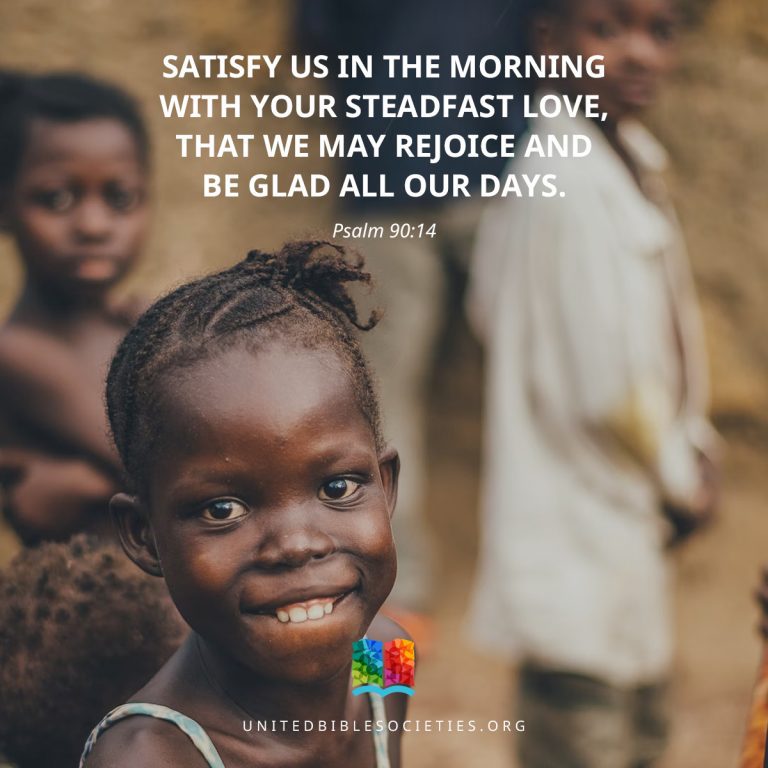More Troubles for Moab
1 Send lambs as gifts
to the ruler of the land.
Send them across the desert
from Sela to Mount Zion.
2 The women of Moab
crossing the Arnon River
are like a flock of birds
scattered from their nests.
3 Moab's messengers say
to the people of Judah,
“Be kind and help us!
Shade us from the heat
of the noonday sun.
Hide our refugees!
Don't turn them away.
4 Let our people live
in your country
and find safety here.”
Moab, your cruel enemies
will disappear;
they will no longer attack
and destroy your land.
5 Then a kingdom of love
will be set up,
and someone from David's family
will rule with fairness.
He will do what is right
and quickly bring justice.
Moab's Pride Is Destroyed
6 We have heard of Moab's pride.
Its people strut and boast,
but without reason.
7 Tell everyone in Moab
to mourn for their nation.
Tell them to cry and weep
for those fancy raisins
of Kir-Hareseth.
8 Vineyards near Heshbon
and Sibmah
have turned brown.
The rulers of nations
used to get drunk
on wine from those vineyards
that spread to Jazer,
then across the desert
and beyond the sea.
9 Now I mourn like Jazer
for the vineyards
of Sibmah.
I shed tears for Heshbon
and for Elealeh.
There will be no more
harvest celebrations
10 or joyful and happy times,
while bringing in the crops.
Singing and shouting are gone
from the vineyards.
There are no joyful shouts
where grapes were pressed.
God has silenced them all.
11 Deep in my heart I hurt
for Moab and Kir-Heres.
12 It's useless for Moab's people
to wear themselves out
by going to their altars
to worship and pray.
13 The Lord has already said all of this about Moab. 14 Now he says, “The contract of a hired worker is good for three years, but Moab's glory and greatness won't last any longer than that. Only a few of its people will survive, and they will be left helpless.”
1 Muna Mowabi maralilaa,
saajiyolu kii buuñaa feŋo ti mansa ye,
ka bo Sela, kiilaalu ye tambi niŋ keñewuloo* la,
ka taa Dimmusuriŋ* Siyoni* Konkoo to.
2 Ko niŋ kunundiŋolu be patapata la
mennu wafatita ñaŋo kono,
Mowabi musoolu be wo le ñaama,
Arinoni Boloŋo teyidulaa to.
3 Mowabinkoolu ko,
“Ali ǹ yaamari, tiliŋo ye tara ǹ teema.
Niŋ tiloo be kandiriŋ,
ali dubeŋo dii ǹ na ko wulaara sumaa.
Ali keleborilaalu maabo,
ali kana borimoolu jamfaa.
4 Ali Mowabi keleborilaalu tu,
ì ye sii ali la bankoo kaŋ.
Ali ke ì ye tankaraŋo ti ì kasaaralaa bulu.”
Mantooralaa la kuwo be daŋ na le,
kasaaroo te soto la kotenke,
tiñaarilaa ye yeemaŋ bankoo kaŋ.
5 Wo to, mansasiiraŋo be loo la kanu bambaloo le kaŋ,
moo ye sii a kaŋ ka tooñaa taamandi.
A be ke la Dawuda koomalankoo le ti,
maralilaa meŋ ka kiitiyo kuntu a ñaama,
aniŋ ka tariyaa ka tiliŋo kuwo sabatindi.
6 Ŋà Mowabi la faŋ waroo moyi le,
a la faŋ wara mooyaa tambiriŋo,
a la faŋ sikandoo, a la konofaa aniŋ a la nendiroo,
bari a la kibiroo, kuma kenseŋo doroŋ ne mu.
7 Wo to, Mowabinkoolu si lemba,
moolu bee si lemba, ì la kuwo balafaa kaŋ.
Ali sunu baake, ali ye sunu kendeke,
Kiri-Hareseti saatewo la tiñaa kamma la,
kaatu a la domori diimaa te soto la kotenke.
8 Hesiboni kunkoo fiifeŋolu si noro,
aniŋ Sibuma wayini* yirisuŋo.
Bankoolu la maralilaalu ye a buloolu kuntu le,
mennu biireeta nuŋ fo ì futata Yaseri,
ì janjanta keñewuloo kono.
Ì soroŋolu taata le fo ì futata baa kankuŋ doo la.
9 Bituŋ n niŋ Yaserinkoolu kumboota ñoo la,
n kumboota Sibuma wayini yirisuŋo le ye.
Hee Hesiboni, hee Eleyale,
ali la kuwo le ye n ñaajiyo siyandi.
Kabiriŋ ali la yiridiŋo menta,
aniŋ ali la katirifeŋolu siita,
kele maakaŋo warata.
10 Seewoo niŋ jusulaa maŋ soto kunku jambandiriŋolu to,
moo buka denkili laa, waraŋ ka sari, wayini yiri kankaŋolu to,
moo buka wayini biti, yiridiŋ bitidulaa to,
kontaani sari kaŋo danta le.
11 N kumboota Mowabi ye le ko suusaa kumakaŋo,
Kiri-Hareseti saatewo la kuwo ye m baloo bee futufaa.
12 Mowabinkoolu ka taa batudulaa tintiŋo* to taariŋ fo ì bataata.
Ì taata ì la jalambuŋolu to duwaa la ñaa-wo-ñaa,
a te feŋ jaara la ì ye.
13 Yaawe* ye ñiŋ kumakaŋo le fo nuŋ Mowabi kamma. 14 Bari saayiŋ, Yaawe ko, “M be luŋolu konti la le, ko lebereesoo ka a la luŋolu konti ñaameŋ. Sanji saba bandulaa, Mowabi jikiraŋ semboo be baŋ na le. Hani ì siyaata ñaa-wo-ñaa, domandiŋ ne be tu la ì kono, domandiŋ doroŋ, aduŋ wolu be lamfu la le.”


